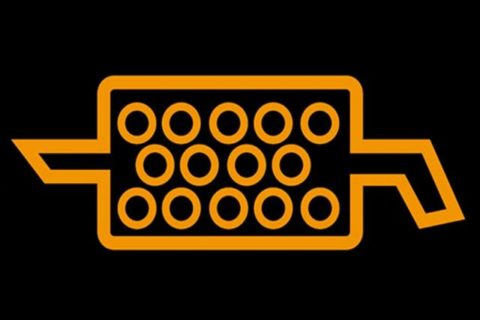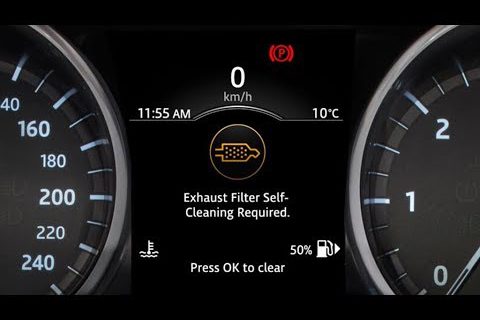Diesel Particulate Filter Faults
DIESEL PARTICULATE FILTER FAULTS
Diesel Particulate Filter Faults: Understanding DPF Issues
The Diesel Particulate Filter (DPF) plays a crucial role in reducing emissions from diesel engines. Specifically, it traps and stores soot particles to prevent them from entering the atmosphere. However, over time, the DPF can become blocked with accumulated soot, which can lead to various performance issues and trigger warning lights on your dashboard.
When the DPF warning light appears, it indicates that the filter needs to undergo regeneration to burn off the built-up soot. Regeneration can be passive or active. Consequently, a blocked DPF can lead to several symptoms:
Loss of Power: For instance, a blocked DPF can reduce engine power, which affects acceleration and overall performance.
DPF Warning Light: Additionally, an illuminated warning light on your dashboard signifies that the DPF needs attention.
Limp Mode: Moreover, your vehicle may enter limp mode to protect the engine, resulting in reduced power and limited speed.
Frequent Regeneration Attempts: If your vehicle frequently attempts regeneration without success, it may therefore indicate a problem with the DPF.
Strong Diesel Smell: Furthermore, a noticeable diesel smell can occur when the DPF is not functioning correctly.
Excessive Vehicle Smoke: In addition, increased smoke from the exhaust can be a sign of DPF blockage.
Oil Level Increase: A rising oil level might for example indicate that fuel is entering the engine oil, which is a common issue with DPF problems.
High Fuel Consumption: Finally, increased fuel consumption can result from a clogged DPF, as the engine works harder to maintain performance.
Auto Code has years of experience in diagnostic fault finding with DPF (Diesel Particulate Filters) on all makes of Vehicles.
For more information or to book, Call: 0432575533


